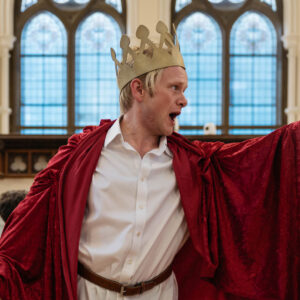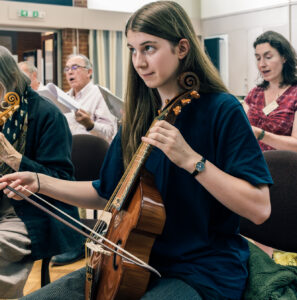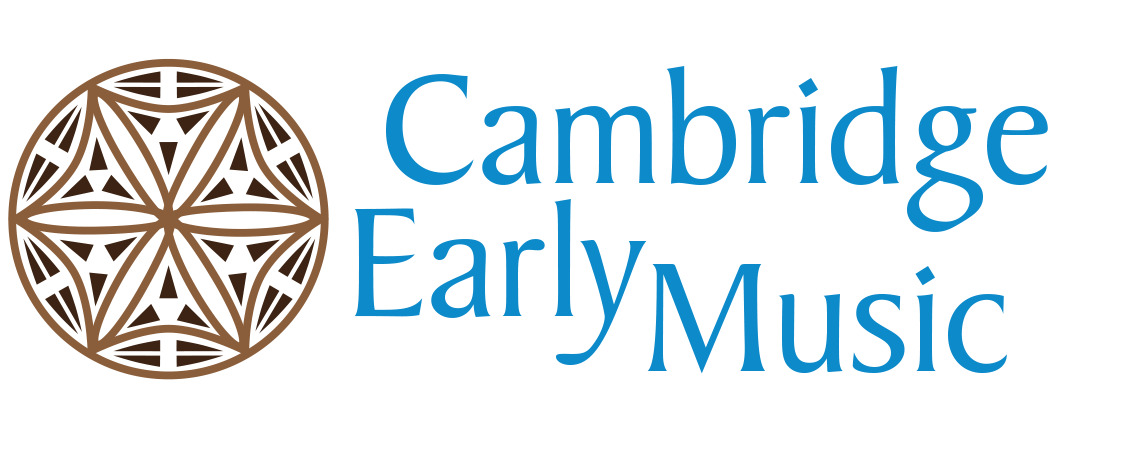The Selene Webb (née Mills) Memorial Bursary Fund supports those whose financial situation would prevent them from attending our courses without assistance, particularly music and dance students and those setting out on a career in music. However, our funds are limited and dependent upon donations from benefactors. Only rarely are we able to give full scholarships, to cover the full course fees. Applicants should be prepared, if possible, to pay some or most of the cost themselves.
Applicants are encouraged to seek help from their local authorities, schools, colleges and sponsors, and to undertake fund-raising activities such as giving concerts.
To apply (in confidence) for financial help, complete and submit the application form below before 7 March 2025. Decisions about bursaries will be delivered by 24 March. By the time decisions are made on bursary applications, spaces for non-bursary applicants might not be available. Therefore, we encourage you to apply for a bursary ONLY if you cannot find funds elsewhere to avoid disappointment.
Please read the guidelines on how to apply for a bursary before sending the form. A copy of your responses will be sent to you via email. Please keep it for your records.
Please note that the Early Dance Circle also offers bursaries to dance students and viol players can apply to bursaries offered by the Viola da Gamba Society in the UK.
What our Bursary students say…

Dominic Morgan, Tenor (Baroque SS 2023) (…) Working with Laurence helped develop my understanding of ornamentation, what is stylistically appropriate and also how far you can go, and built confidence in my own ideas. Laurence also helped reinforce the role of rhetoric in how baroque music is written, which helped me understand how to communicate my intentions not only in Purcell but more generally in Handel and Bach repertoire I’m currently preparing as well. It is great to work with a conductor who not only understands how the voice works but also cares about how text and vocal colour should be used to communicate expression. (…)

Mari MacGregor, Viol (Renaissance SS 2023) (…) Throughout the course we sight-read so much good music – most of which I’d never come across before – that drastically improved my sight-reading. I also tried out other sizes of viol which helped me gain proficiency and confidence on theses different sizes as it was a really encouraging atmosphere. We also had a session on division playing (embellishing your part according to the styles of the time) which has encouraged me to study division playing further.(…) Forming chamber groups with many different people was a standout for me, which was only possible due to how flexible the schedule was. We had a good amount of free time throughout the week which allowed for groups to be formed organically to prepare for performances in the evenings. (…)
